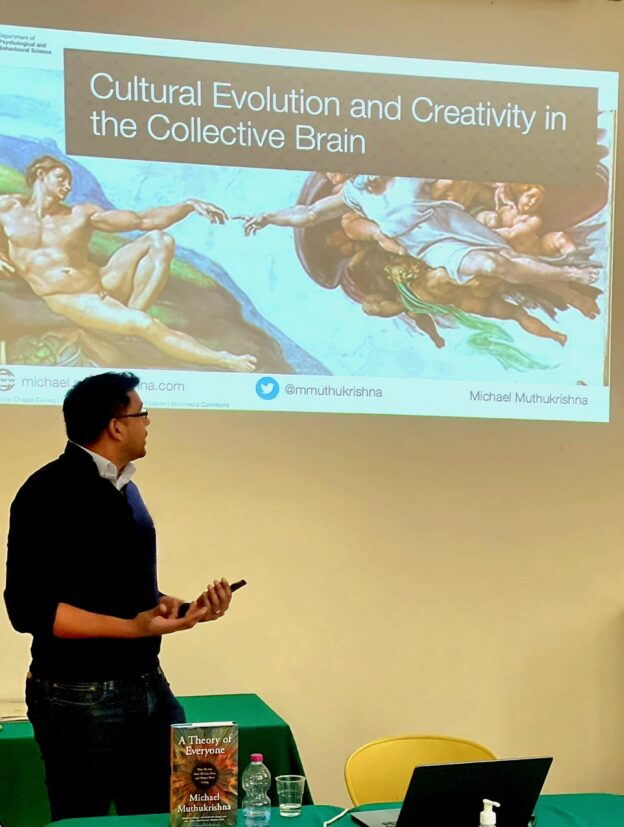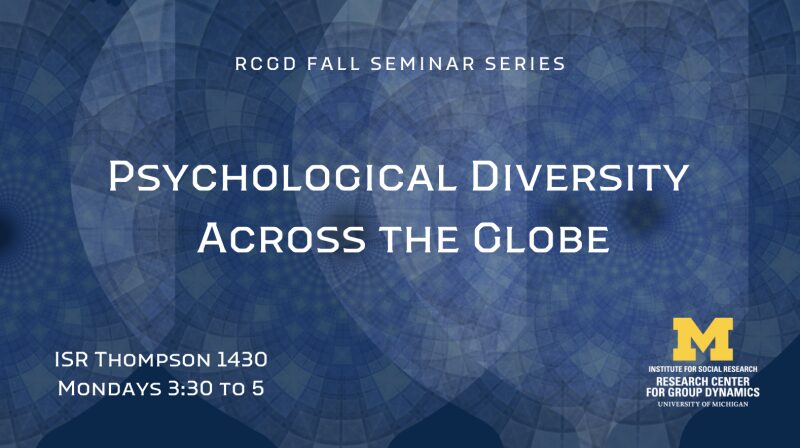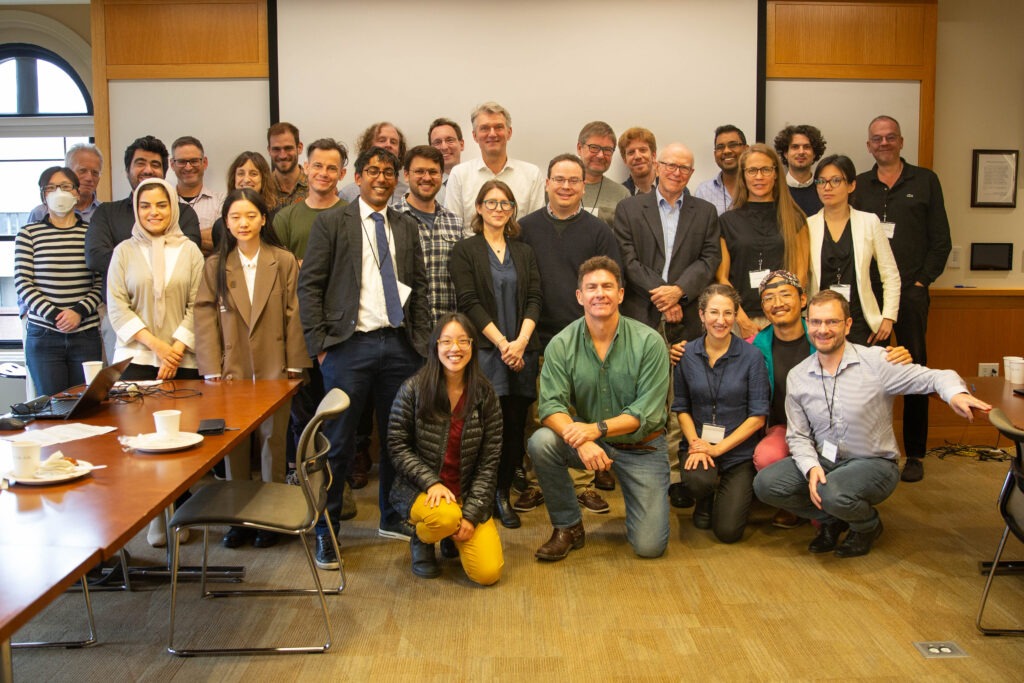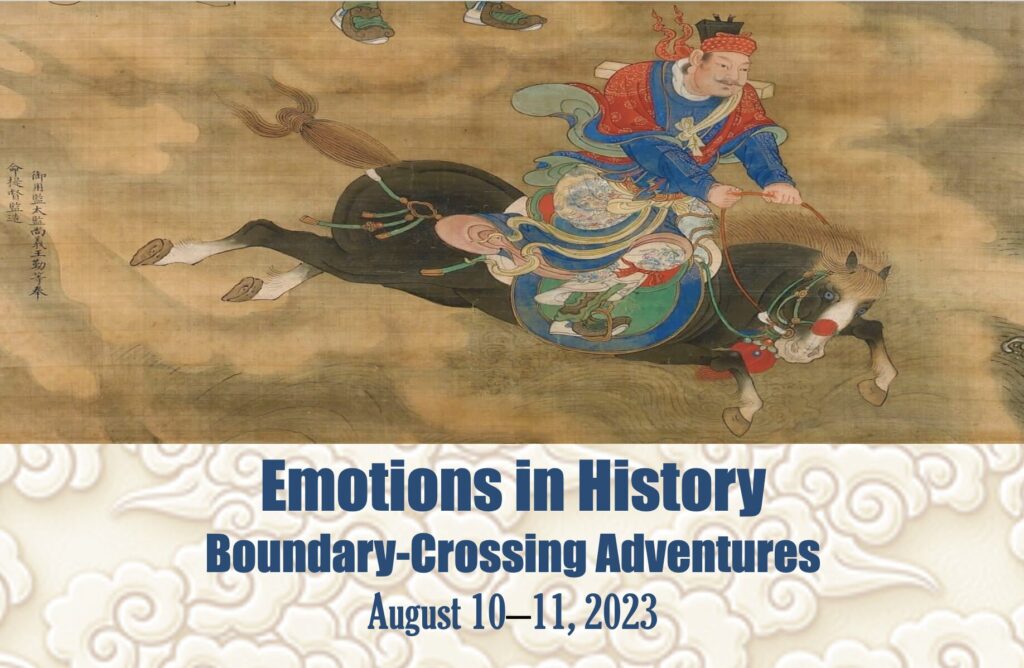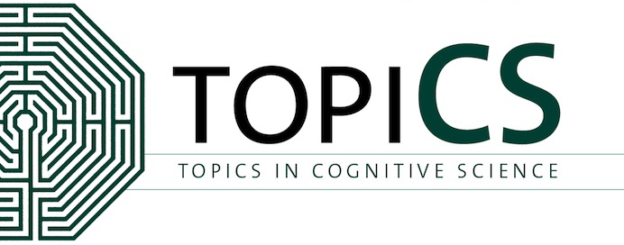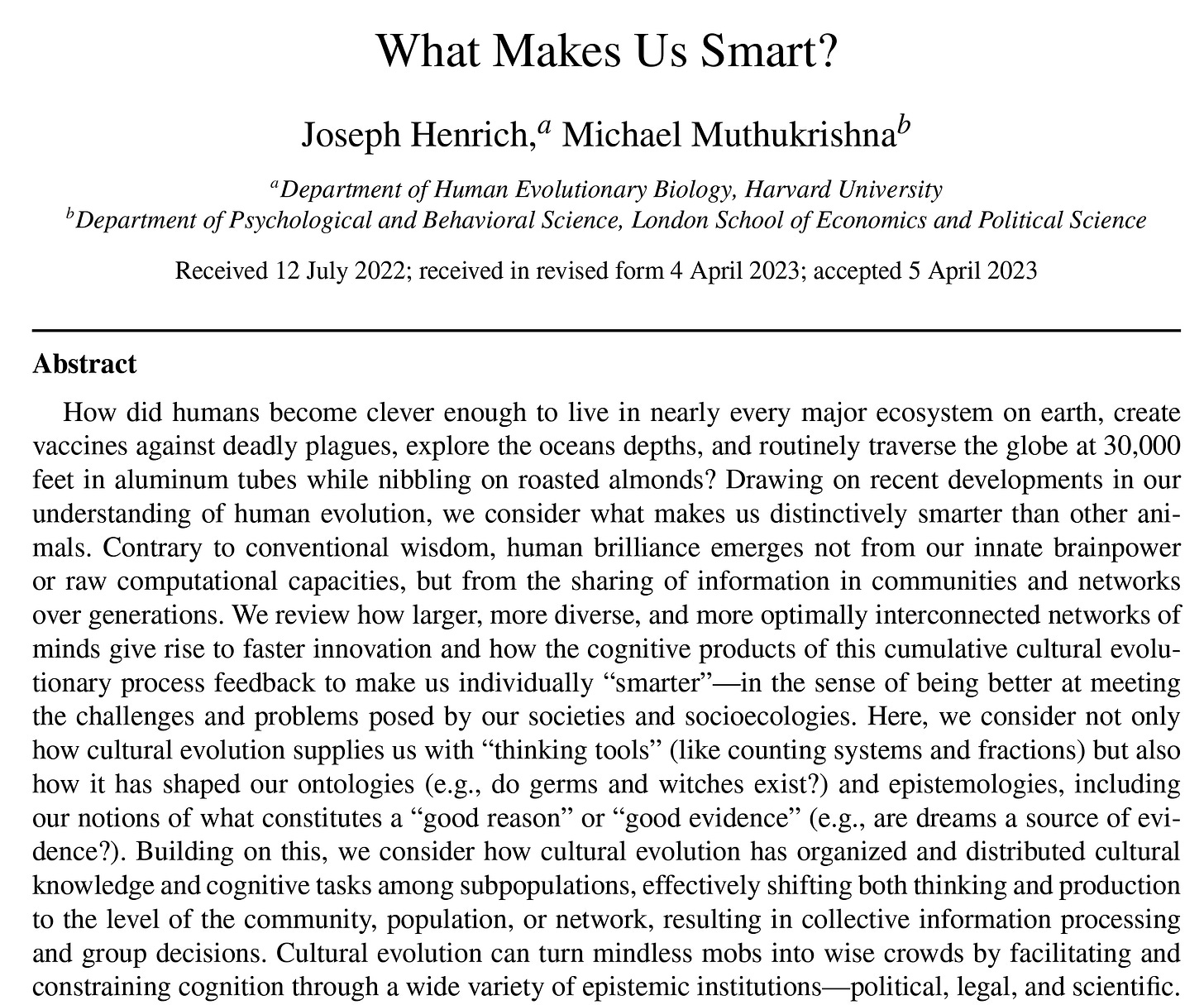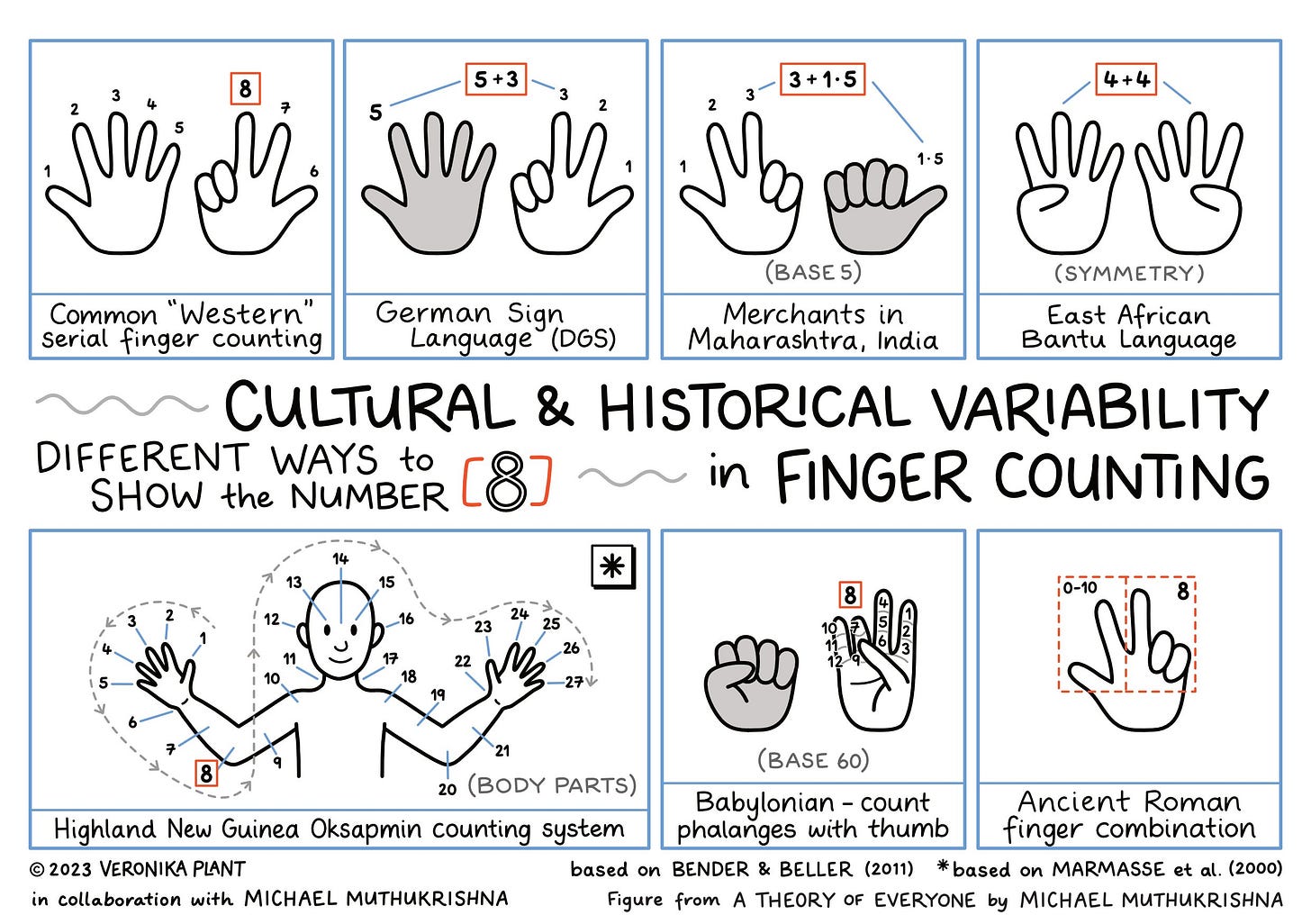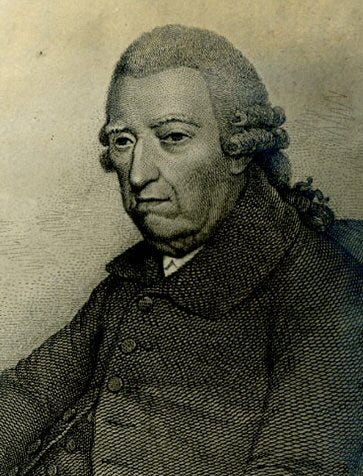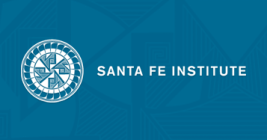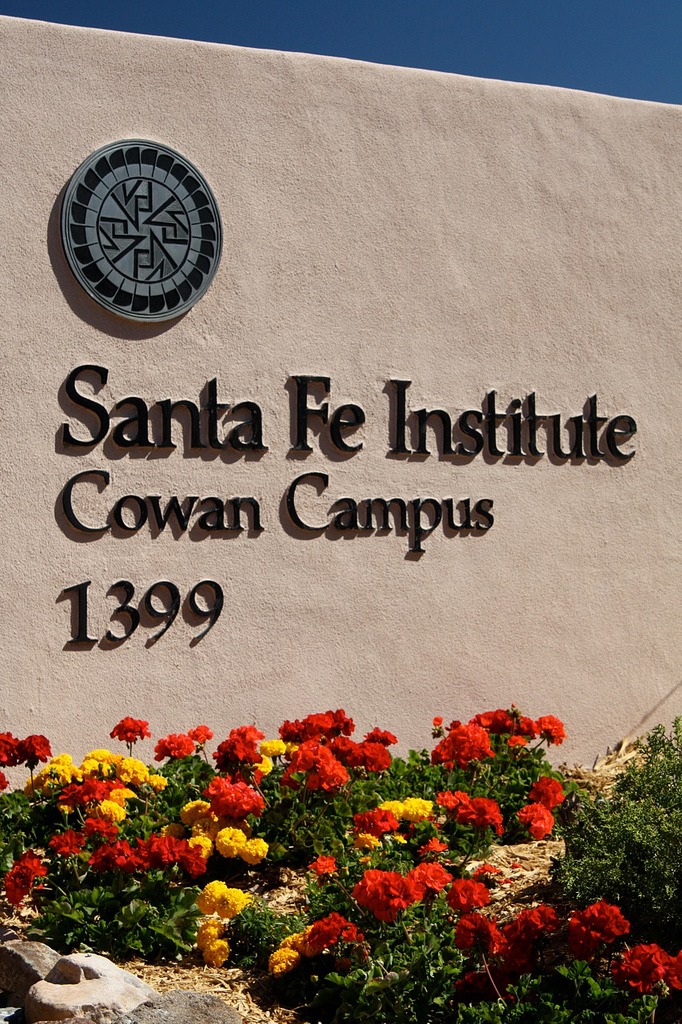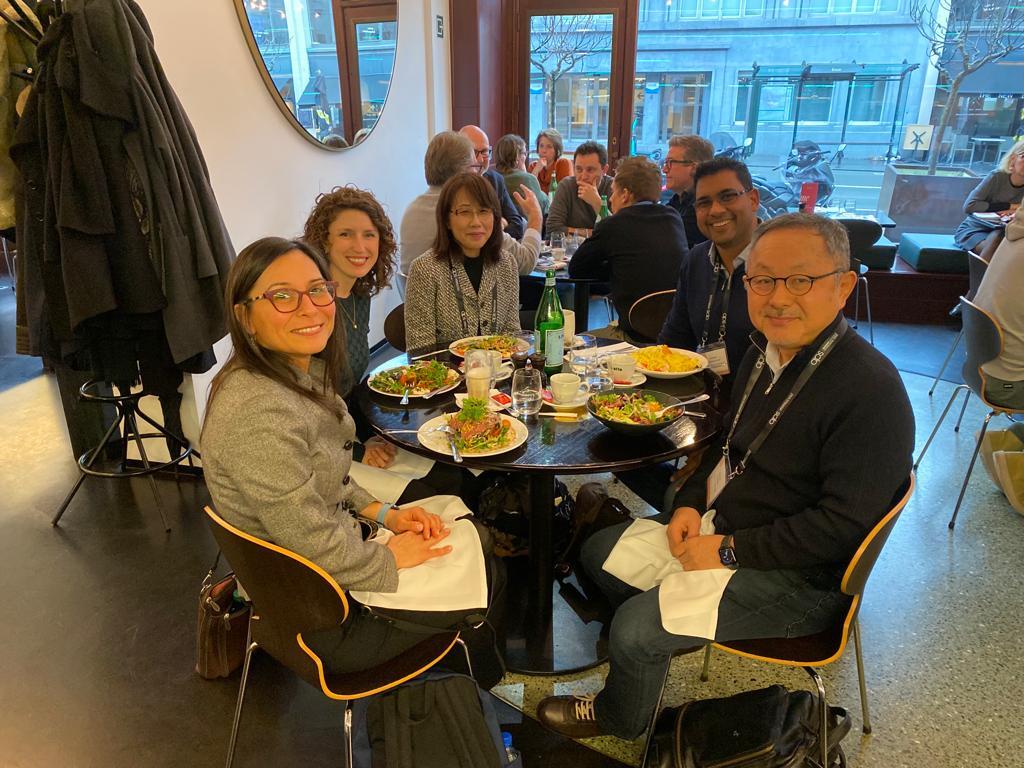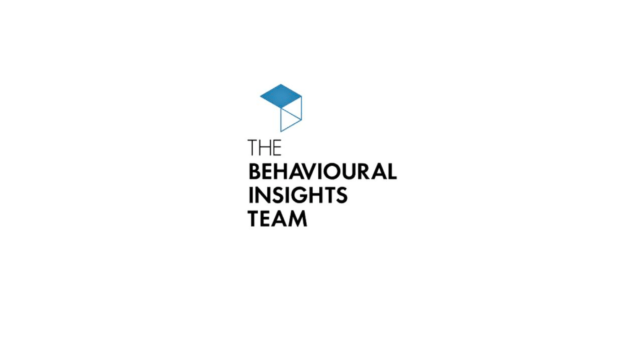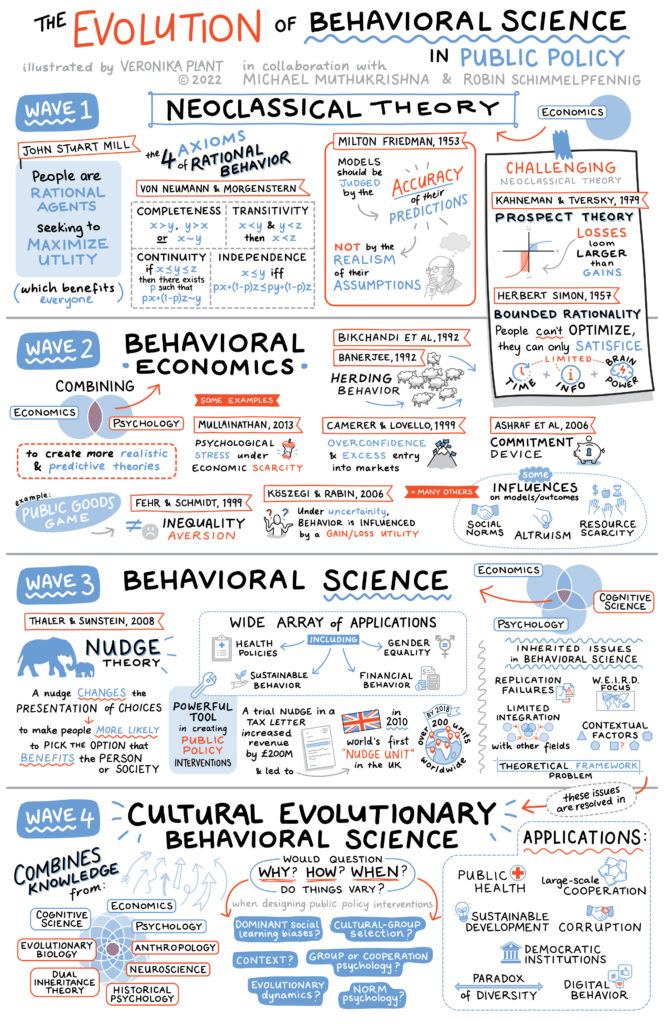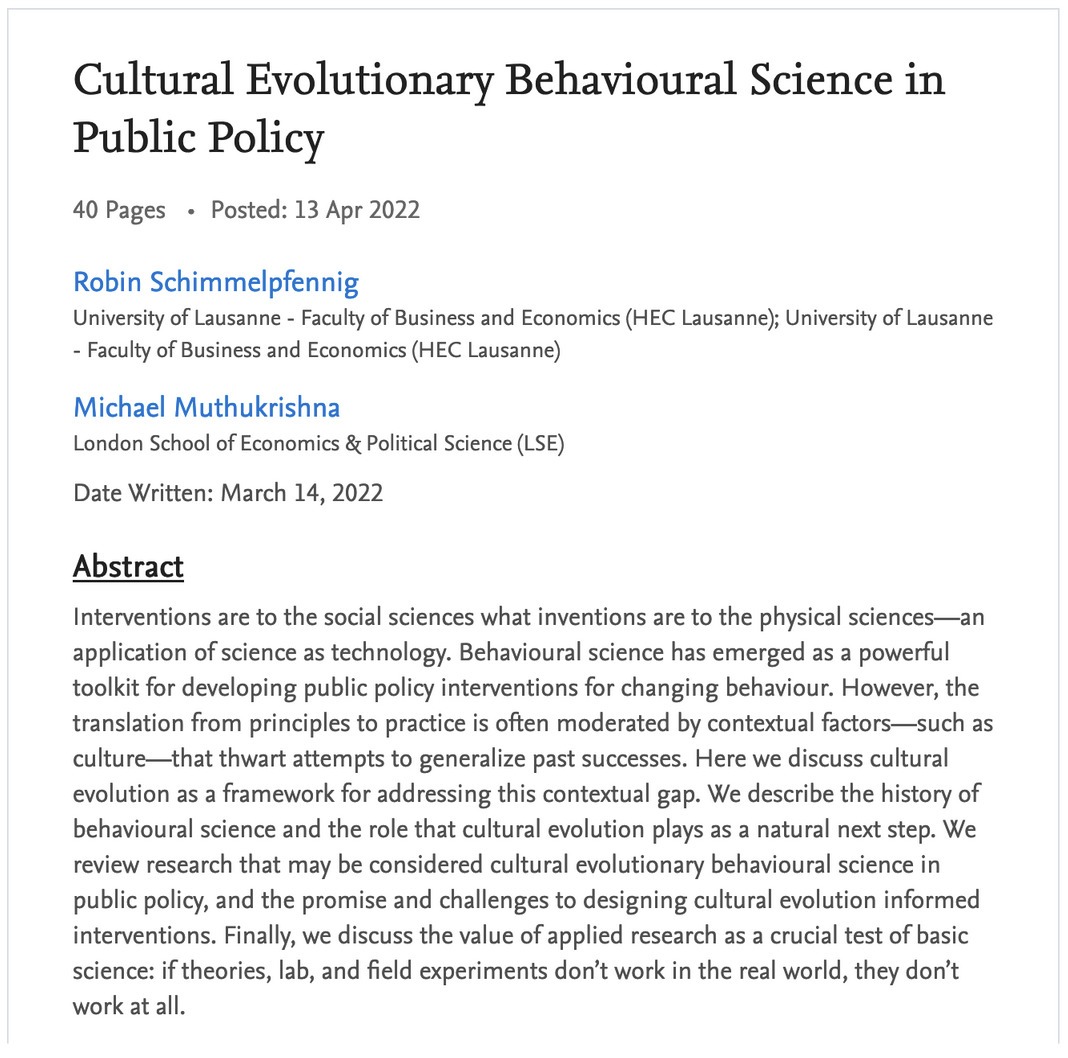February 8, 2024: Keynote speaker at SPSP Computational Psychology Preconference in San Diego, CA.
February 9, 2024: Invited panelist at Society for Personality and Social Psychology (SPSP) conference on Building Bridges between Global North and Global South, Beyond WEIRD Psychology in San Diego, CA.
March 9-11, 2024: Meeting on Comity, London School of Economics
March 21, 2024: Keynote speaker at Rebuilding Macroeconomics conference on Polycrises and Policy Frameworks
April 8, 2024: Invited speaker at Booth School of Business, The University of Chicago.
April 11-12, 2024: Invited speaker at workshop on “An Aspirational Approach to Planetary Futures” by the UNDP Human Development Report Office, Oxford
May 5-7, 2024: Invited speaker at Global Solutions Summit, The World Policy Forum to the G20 and G7.
May 23-24, 2024: Invited guest at Human Flourishing Forum at Pontifical Academy of Sciences, Vatican
June 3-4, 2024: Cohesive Capitalism Summit, London School of Economics
June 10-14, 2024: Invited speaker at Zanzalu, Zanzibar
July 25-28, 2024: Keynote at Association for Contextual Behavioral Science World Conference, Buenos Aires, Argentina
August 5, 2024: Invited talk at Center for Humans and Machines, Max Planck Institute of Human Development, Berlin, Germany
September 25, 2024: Invited speaker at the 2024 Wallace Wurth Lecture, University of New South Whales, Sydney, Australia
October 3-8, 2024: Keynote speaker at Khazanah Megatrends Forum, Khazanah Nasional Berhad (Malaysian Sovereign Wealth Fund), Malaysia
October 18, 2024: Invited talk at Department of Economics, Stellenbosch University, South Africa
December 3, 2024: Invited talk at Google
January 15, 2025: Invited talk at the Centre for Culture and Evolution, Brunel University, London
April 30 – May 1, 2025: Invited speaker at the Behavioural Exchange Conference, Behavioral Science Group at the Office of Development Affairs, Abu Dhabi, UAE








